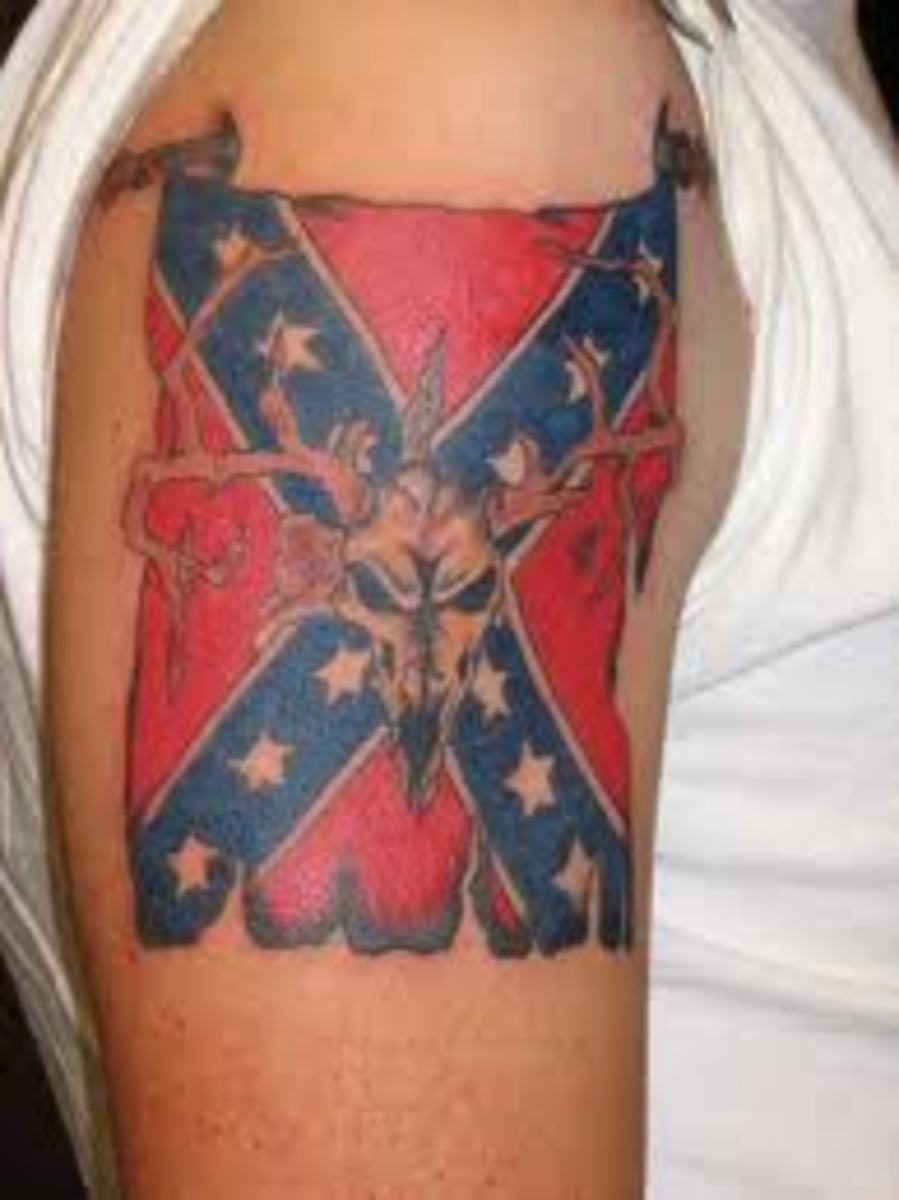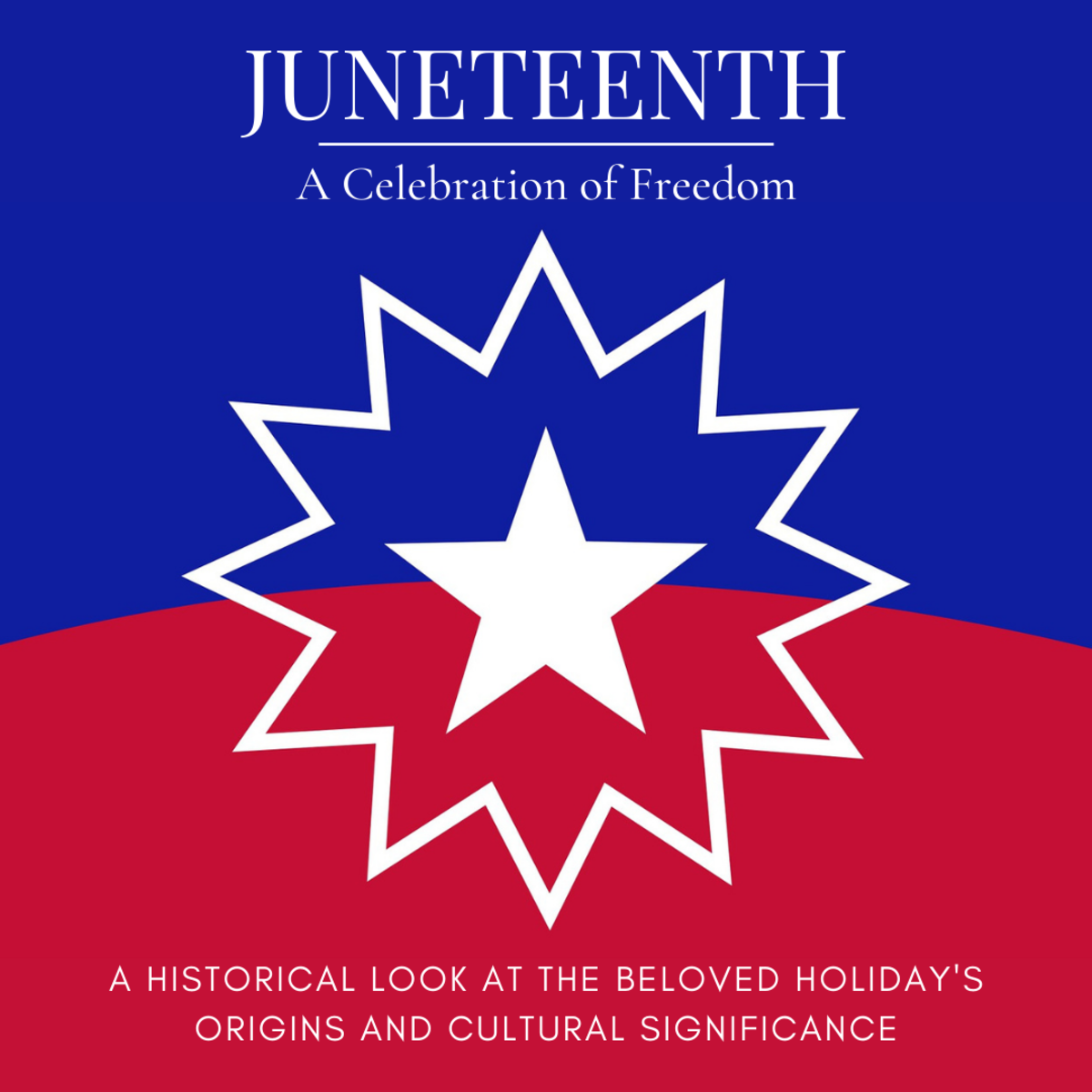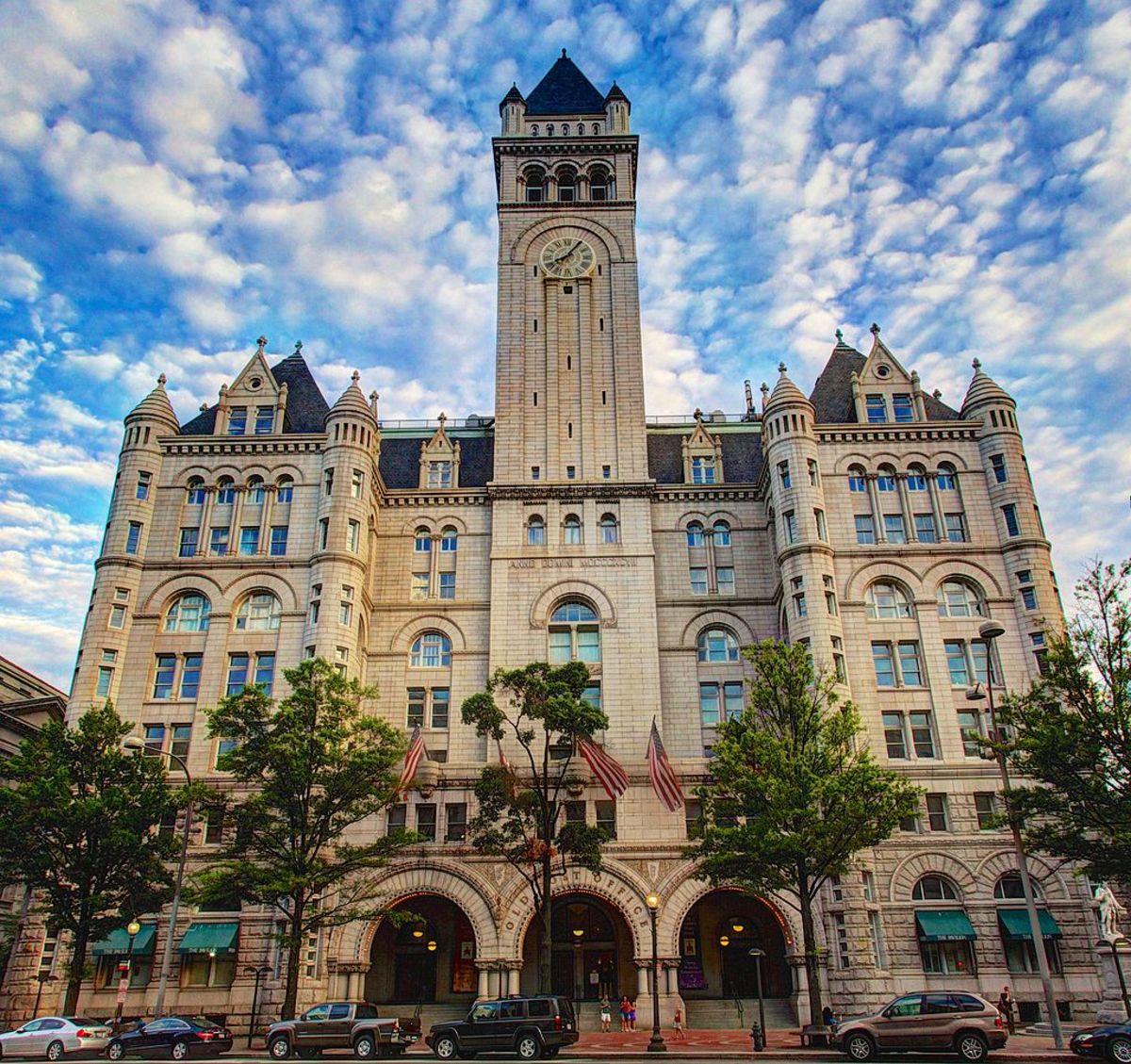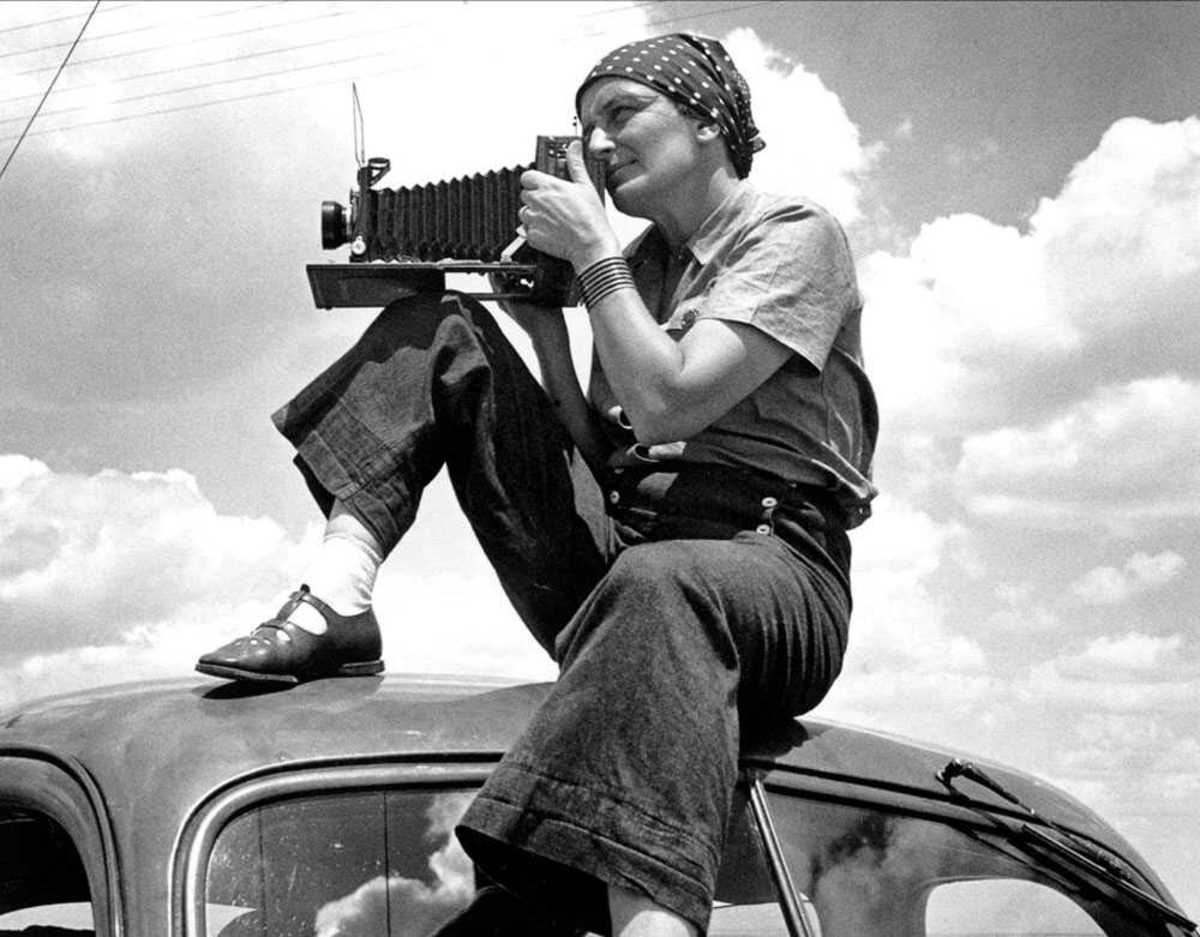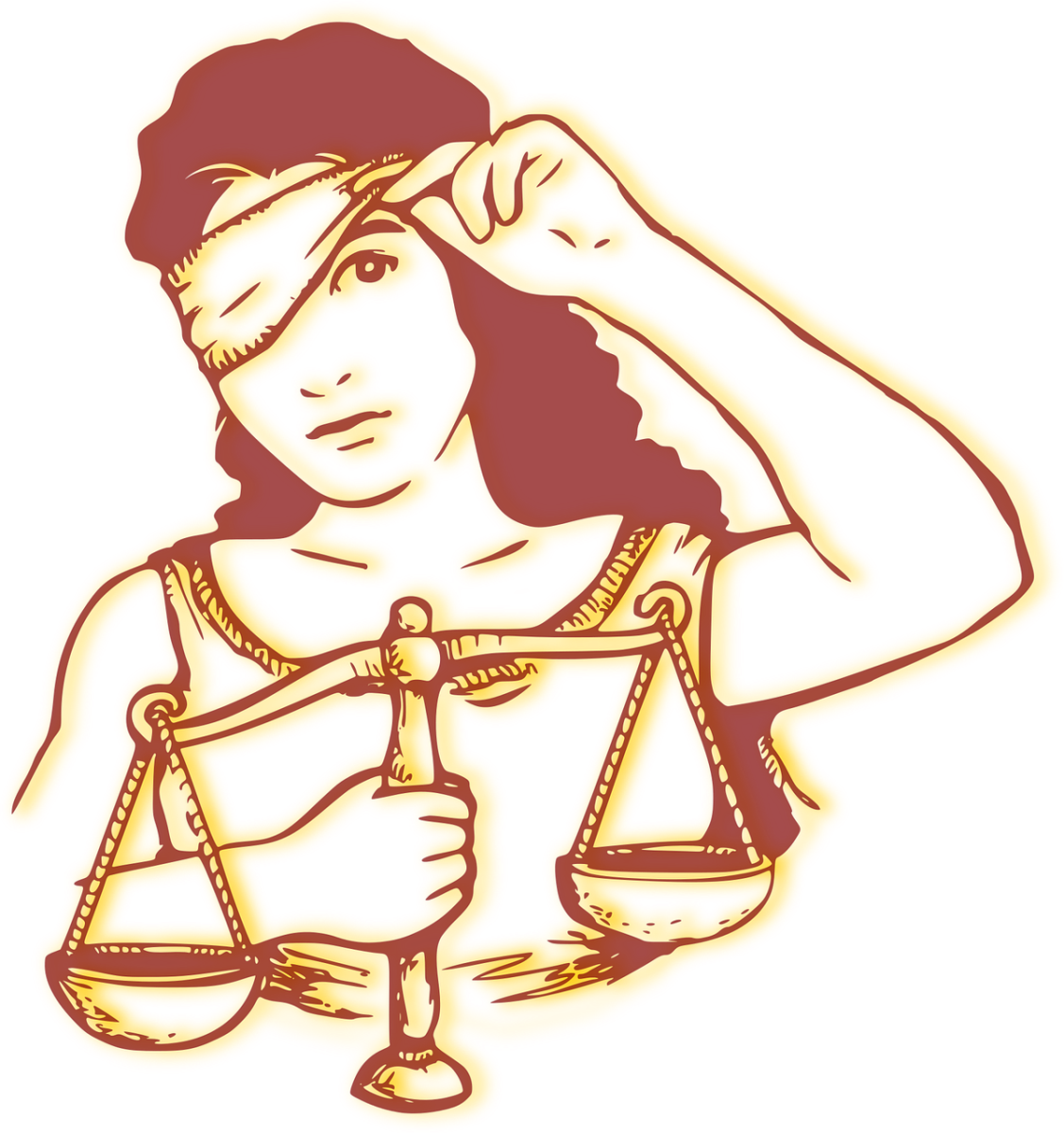The Confederate Flag: Symbol of Hate or Pride?
The Stars and Bars
The Stars and Bars made their appearance in 1861, in March as the seven star version and in November as the thirteen star. Over the years there have been multiple variants all detailing stars to represent the states which seceded from the Union, ranging from the original seven (South Carolina, Mississippi, Florida, Alabama, Georgia, Louisiana, and Texas) to thirteen stars which represented the additional states of Missouri, Arkansas, Kentucky, Tennessee, Virginia and North Carolina.
Thus the Confederate Flag was created to indicate the Confederate States disassociation with the United States during the Civil War timeframe. In fact, the single best known Confederate Flag was never an official flag representing the states at all. It was the rectangular Battle Flag of the Army of Northern Virginia and flew over General Robert E. Lee. It was never recognized as the symbol of the South at the time yet over the years has come to define what the South sees as being The Confederate Flag.

That means this flag was intended to create a rift, to symbolize the disagreement with the Union over the issues of the time which included slavery. So it has been viewed, over the years, as a sign of discontent, of disagreement, of not wishing to follow the direction of the nation at large. Of being rebellious, of not desiring to follow the guidelines of an ever more distanced government. In short, to be apart from the whole.
So does that make it a bad thing? A symbol of hatred? Of racism? To many, the simple answer is yes. To others, a resounding no.
Does the Confederate Flag cause you concern?
Ultimately, nothing has any meaning lest a person or persons supply a meaning. The Nazi flag containing a swastika is not evil in and of itself although it did represent an evil group. Likewise, the Confederate flag is not itself evil although it represented a dark moment in our nation's history. It is a symbol, one which has gathered a dark meaning harkening back to days when brother fought brother, when our nation teetered on weak legs and came close to failing. So, do we treat it with disdain, with a borderline hatred for what it stood for? Do we attach the hatred associated with a group of people who desired to own other humans and were told no? They fought for a belief, a perceived right that one could own slaves.
In truth, slavery was quite common in the development of our nation. Of those who signed the Declaration of Independence, who authored those immortal words regarding freedom of all some 41 owned slaves, over 70% of the signees. This group included John Penn, Thomas Jefferson, Benjamin Franklin and even John Hancock. So, a mere eighty years prior, barely three or four generations before the Civil War erupted slavery was not only accepted, it was encouraged.
So one could respond that a right, created and reinforced by the Founding Fathers was being stripped of them. As the South held large plantations and farms slavery was a way of life. The North had more manufacturing and as such did not have the same need for the degree of slavery as in the South.
And so a war was fought to determine which direction our country would proceed.
With the war underway the tide was turning and with it the direction of the country. A Democracy was in place and this meant that We the People had voted on our representatives and as such should follow their direction. Those in the South chose not to follow this direction and knew this meant an end to their way of life and fought against it.
Thus, the Confederate Flag grew out of that belief.
Today, we should be able to distance ourselves sufficiently to agree that our country does not need this symbol to remind us of our darkness, the belief that one man could own another. It should not fly over state capitols; it should not be a part of a state's flag as it is in Mississippi's state flag. It should not represent a college or university of higher learning. Nor should it be represented in Georgia's flag, which features a variant of the first national battle flag of the Confederacy. So, how far do we go? How far do we carry the distaste, the symbolism of the old South?
Should we decide it is truly a symbol for racism, of oppression? One man over another? After all, that is basically what it stood for some 150 years ago, isn't it? Or has it evolved over time, distancing itself from the slavery issue and evolved into a simple symbol of rebellion? Should we as a people be able to fly this flag regardless of how others feel or believe?
After all, wasn't the core belief of the founding of America freedom to pursue a life free from encumbrances, a freedom of religion, of speech? The flag of the United States can be burned, spit upon, trod upon and defiled by its citizens in pursuit of their free speech. People can make fun of the President, can speak their minds without fear of reprisal (in theory, of course). How is flying the Confederate flag any different? It is an expression of the right to free speech, to disagree with one another, isn't it?
How is this any different, at the core, from forcing one's beliefs on others to what constitutes a marriage? Is it a man and a woman, or a couple made up of the same sex? I am not comparing slavery to homosexuality, merely stating that each of us has an opinion on what we feel is right and we have the freedom to state our beliefs. This right was guaranteed in blood by those who founded our nation. The Bill of Rights, the Constitution, and the Declaration of Independance all became the light before our feet, guiding us on this experiment called Democracy, where no one man is better than another, where all are created equal (even if it took some time for our nation to determine that), where each voice is just as important as the next.
Right?
How far do we go as a nation to put this period to rest? Films such as Gone With The Wind detail the period before, during and after the Civil War and seem universally adored while Song of the South produced by Walt Disney only a few years later than GWTW detail life in the post war era, where slavery is no longer in effect is not even available to be purchased in the United States due to its depiction of colored people of the time. If one wishes to purchase this fine movie, one must go to the Internet and will most likely get a pirated copy of the film on a DVD from Asia. Do we ban all films, all songs, all books which detail this period? Do we become that which we fear, a nation of lawmakers who represent a few while oppressing the majority?
Do we listen to a single voice, or a minority of voices and determine what is best for the nation at large? If so, whose voice should ring the loudest?
Personally, I am sick and tired of the voices of a few determining the direction our country proceeds. And while I do not support anarchy I do support the belief that we are a nation of many individuals, most of whom are interlopers on this continent and therefore should work together to create, build, and nurture our nation with those who came before us. There were people here prior to Columbus, prior to Captain John Smith, prior to the United States of America birth and as such we should work together to enhance, not further debilitate by destroying ourselves one group at a time. Lincoln, who is either the Great Emancipator or the one who authored the utter destruction of the Native Americans (depending on how you view him) declared that a house divided cannot stand. With each liberty removed, with each division created and enhanced, with each voice that raises itself in order to be heard over other voices we step closer to the precipice that is the end of our Democracy. People, we need to find a way to work together, not divide apart. Is the Confederate Flag really such a symbol of hatred, or is it a symbol of racism that is no longer racism? Do Southerners really believe that they should own slaves and use the flag to show that belief? Is it really an affront to all those who are descended from slavery? Do those who cry out to remove it from view truly represent every single black person? Do they even represent a majority of them?
Do we even know?
Or is this an attempt to force a view onto another segment of America? To force others to abide by the decision of a few?
Personally, I can do without the Confederate Flag. As a youth I was a "good ol Southern boy" and enjoyed the sight of the flag. But as I have aged I no longer see it as anything but a symbol of a bygone age which sadly seems to be most commonly seen in the backs of pickup trucks or in the yards of people who (my perception only remember!) may not be the smartest of the mass of humanity currently residing on Planet Earth. Their homes represent them to be not necessarily one whom I would desire to visit, often filled with discarded items and not well kept.
Do not get angry with me for this generalization! I am simply stating what I have personally witnessed! Am I saying this is everywhere, every home that displays the Confederate Flag? By no means; but it does seem to be something I have seen fairly often in my travels and as such is nothing more than my perception, not the reality.
I do feel it has no place in today's political world, federal or state. It should, however, be allowed to be shown, sold, and flown as much as it is the right to a citizen to burn the American Flag. It is a right, a freedom of speech guaranteed in the blood of those who fought for this nation. And as such deserves the protection of the law. Not everyone need agree, nor should everyone expect others to agree, but we must respect the freedom to say, to display, to feel and believe as we do as individuals. To do less is an affront to the Founding Fathers and the Declaration of Independence, the Bill of Rights, and the Constitution.
If we remove this from the ability to be sold and purchased, then what is next? The books which detail slavery? Do we halt sales of Gone With The Wind, Uncle Remus, and Uncle Tom's Cabin? Do we stop selling films and documentaries of the same? How about the musical The King and I? After all, it references Uncle Tom's Cabin. What about Showboat? After all, there is a half black woman who is ostracized in it, and songs which detail the life of a slave such as Ol' Man River? Do we halt sales of belt buckles which say "The South Will Rise Again"? How far do we go to erase a history? Or would we be better served having learned from it, to be better citizens moving forward one day at a time?
Maybe we should never sing Zip a dee doo dah ever again for fear of offending others.

